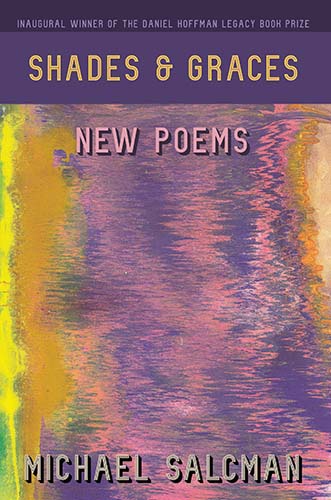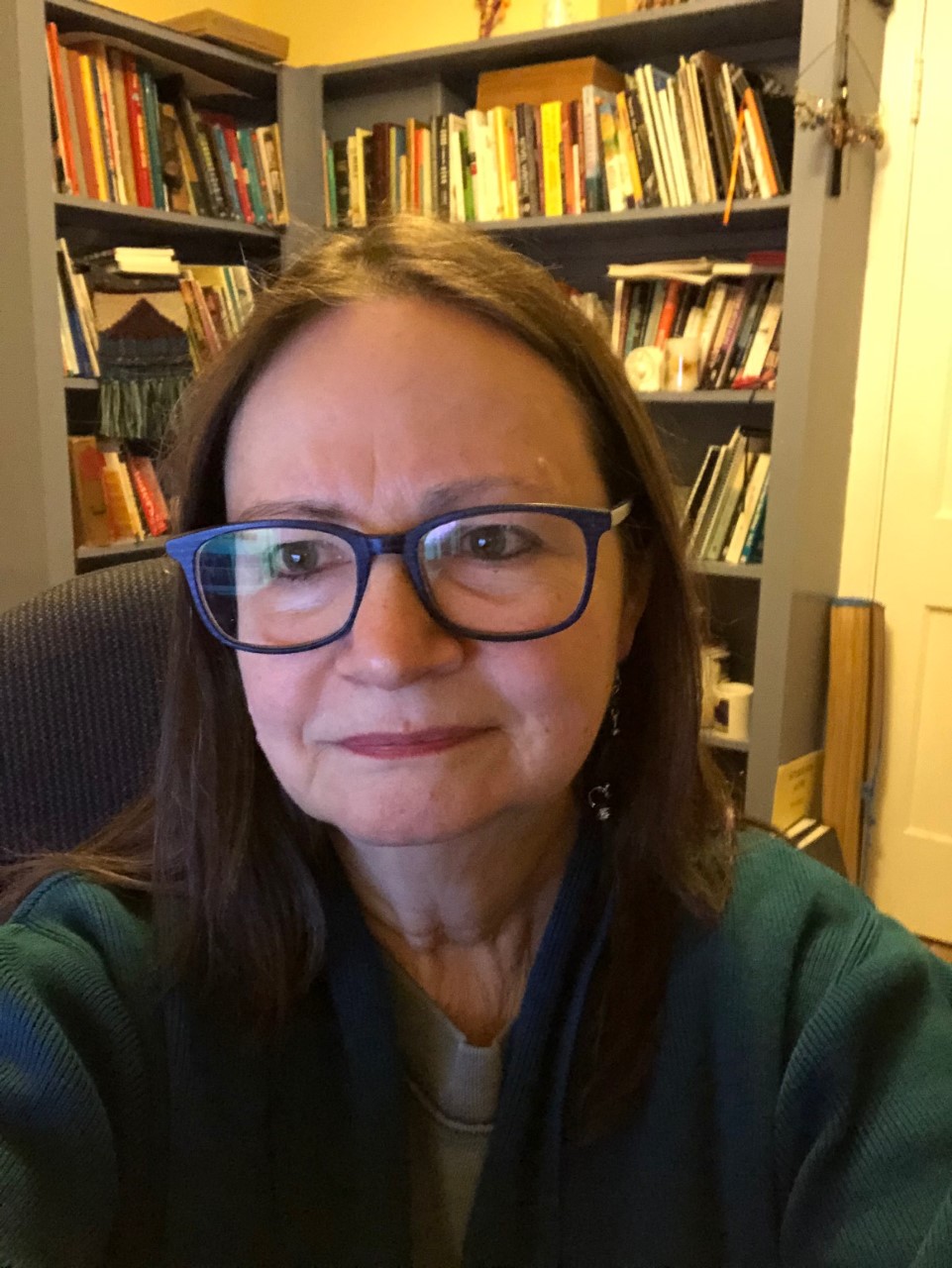Monday Miscellany - August 23, 2021
by Baltimore Review Staff Members
What are you doing right now?
Hunched over the table? Feet crossed? Eyebrows furrowed?

Nobody likes reading loads of description in a story. It drags down the flow of the narrative and is often unnecessary. But we don’t want to steer too far in the opposite direction either.
Check out the following:
“Is everything all right?”
“I don’t think she’s breathing.”
“Well, do something!”
“What do you want from me? I’m an accountant, not an EMT!”
I don’t know about you, but I’m having trouble picturing this. We don’t know who’s speaking, what their facial expressions are, where they’re standing, etc. It doesn’t matter that we don’t know the background of the story—if you wanted to open a scene in medias res, the reader wouldn’t have a whole lot of background anyway. The point is that the reader cannot fully envision the above and sink into the action without more description.
Flowing dialogue is all well and good, but if we have no idea what the speakers are doing, if we can’t picture the scene, then it’s no longer a scene. It’s a script.
Scriptwriters, you have the luxury to leave the actions to the actor. Unless it’s super important, you leave out arm-waving, eye-squinting, and teeth-gritting.
Writers, you must be the script AND the actor.
______________________________
It’s hard to innovate our own writing if we always write in the same form or genre and use the same methods we always do. Don’t get me wrong—practicing the same one thing does improve our skills, but I personally believe it can stifle creativity. Different forms lend different ideas and structures; they have different rules that come along with them. Borrowing those ideas to inform your own writing can lead to a distinctive style.

Take two wildly different genres of music: classical and hip hop. You’ll hear lush orchestral arrangements using strings and brass in classical music, and thumping 808 drums and synthesizers in hip hop. But what happens when you combine the two? Well, you get Late Registration by Kanye West. This album is a hip hop classic, and its fusion of the two genres gives it its unique sound that has stood the test of time.
I try to do the same when I write. I started wanting to be a writer in high school and began to pen short stories after school. Since then I’ve dabbled in longer forms of fiction, journaling, blogging, and even had a brief poetry phase in college. Right now, I’m working on my own screenplay. I’ve found that writing screenplays helps me with dialogue, pacing, and time & space issues even in the other forms I write. If I only stuck to short stories, I undoubtedly would have burned out or dried up the well by this point. I believe that broadening the channels of expression we use only improves our work and helps us stand out. Plus, it keeps ideas fresh and flowing.
__________________________

Congratulations to BR poetry editor Michael Salcman! His book Shades & Graces: New Poems (Spuyten Duyvil Publishing, 2020) recently received an excellent review by Meg Schoerke in The Hudson Review. Meg Schoerke is a Professor of English at San Francisco State University, and her "Poetry for a Pandemic" article covers four new books. And this fall, his new book is coming out: Necessary Speech: New & Selected Poems (Spuyten Duyvil).
In addition to these two new books, Michael Salcman is the author of six medical textbooks and seven previous collections of poems, including The Clock Made of Confetti, nominated for the Poets Prize, and The Enemy of Good is Better. He edited Poetry in Medicine, a standard anthology of classic and contemporary poems about doctors, patients, illness, and healing. I have a few of these poetry books on my shelves, and I recommend them.

Submittable fun fact: No need to put quotation marks around your submission title, especially around each of three poems. Our response templates autofill (I think I can use that as a verb) the submission title with quotation marks around it when we send an Accept or Decline response. So if you did, and wonder why you see “” around your title—no, that's not some newfangled punctuation. That's just your quotation marks inside the template's quotation marks. Save the quotation marks for your dialogue. There, they can be enormously helpful. Thanks!
And a prompt for fun:
Scientific facts are used to great effect in M. Ann Hull’s poem “I Know the Science of the Thing:” without overwhelming it. She achieves a balance between the language of science and the sounds and imagery of poetry, with a powerful effect. Take some time—not too much time—to research some area of science that interests you and use it in your own creative writing. You may find that it takes you in a surprising direction and perhaps sparks an intense emotional response.
We're working on our Best of the Net nominations and hope to have those completed this week. We're also in the process of proofreading Baltimore Review 2021, our annual print compilation of the poetry, fiction, and creative nonfiction published online. For this one: the Summer and Fall 2020 and Winter and Spring 2021 issues.
